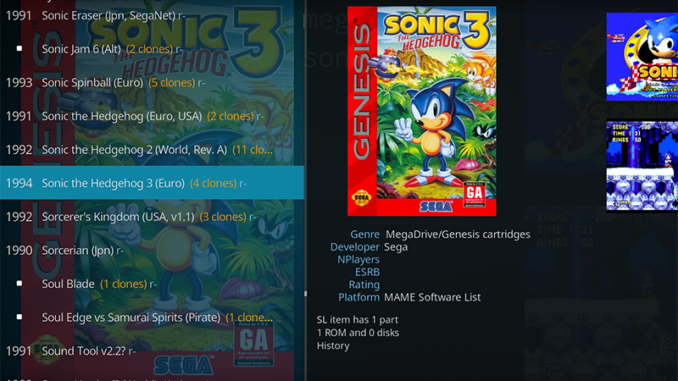
Kodi and Advanced Mame on ODROID-XU4 - Part 1
This is a guide to setup Kodi with Mame, on the ODROID-XU4 SBC, making it a nice media and game center. It lists all the steps to install the needed software on Ubuntu Linux. ▶

This is a guide to setup Kodi with Mame, on the ODROID-XU4 SBC, making it a nice media and game center. It lists all the steps to install the needed software on Ubuntu Linux. ▶
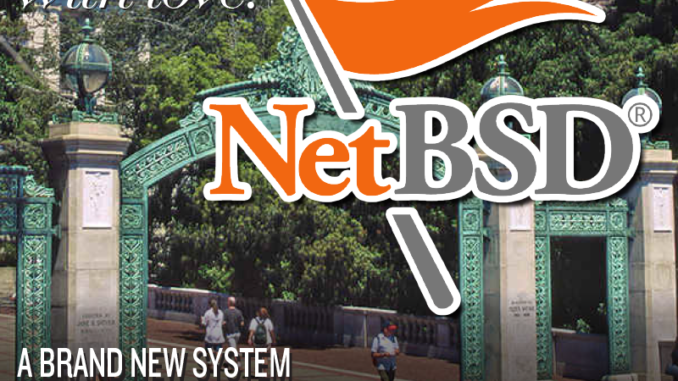
This month’s issue is filled with terrific articles, covering a range of topics so there is something for everyone! For all you NetBSD fans out there, there is a great article by Edward Kisiel highlighting running NetBSD on the ODROID-C2. For the ODROID-HC1 and HC2, there are two great articles. ▶

BitTorrent provides a means of crowd-sharing files; peer-to-peer via “torrent” files. At its heart, BitTorrent allows distributed hosting and sharing of files in such a way that the original uploader doesn’t have to provide all the bandwidth or storage space for people to be able to download the file.I’ll be using an ODROID-HC1 because I want to use a SSD and make this tiny server entirely solid-state. If you’d prefer to use a 3.5” spinning drive you can opt for the ODROID-HC2, and follow the same directions below. ▶

For those designing with an SBC or micro-controllers, having a model can be important. ▶

Common state-of-the-art simulations employ hundreds of thousands CPU cores on high-performance computing (HPC) systems to solve big societal challenges. In this context, the scalability and the simulation kernel performance are key to efficient multi-core computations. ▶
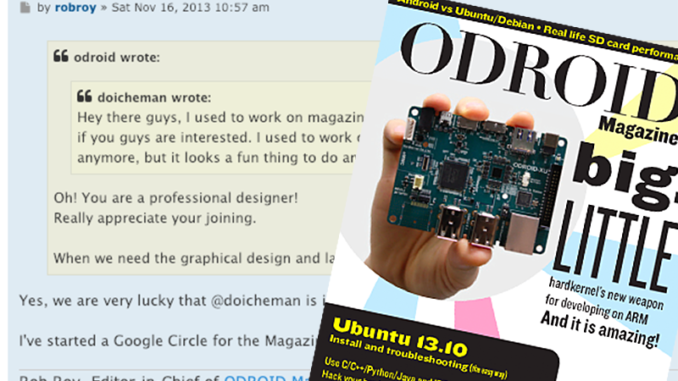
Come with us, this is our retrospective for our first five years of our Magazine. ▶
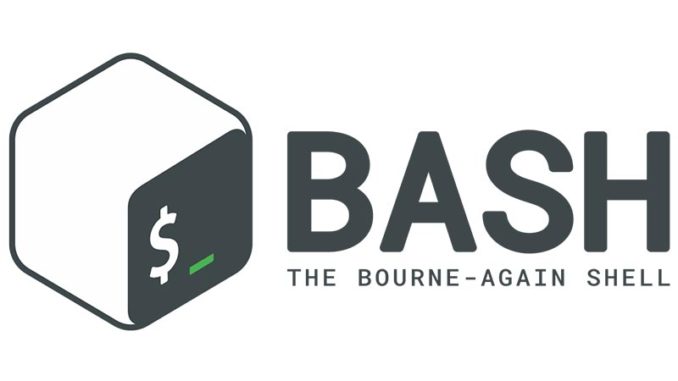
After all the theoretical stuff in the last few parts of this series, we’re going to take a breather and deal with clever ways to increase productivity in BASH when working with ODROID. The default Ubuntu MATE system is chock-full of useful utilities without requiring so much as installing additional programs. Now, let us take this unused potential for a spin. ▶

BASH has three basic loop structures: the while-loop, the until-loop and the for-loop which we had seen earlier. So, where do we use which loop? ▶

Please tell us a little about yourself. Hello, my name is Roberto Rosario. I’m the creator of Mayan EDMS, a free open source document management software, the OpenHolter a portable, Arduino based electrocardiogram machine and Rocket Launcher the custom software launcher for the ODROID Go. I’m a software developer working ▶
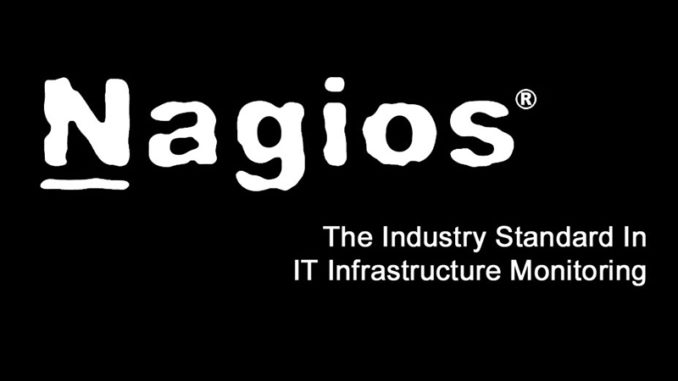
NEMS Linux has evolved to be what I feel is the best out-of-the-box Nagios experience available. As a Nagios user myself, this is the Nagios server I have longed for. As NEMS has continued to grow, I set out to find a more powerful platform than the Raspberry Pi. That’s when I found the ODROID-XU4. Just over a year ago (September 13, 2017 to be exact) I began my quest to port NEMS Linux to the ODROID-XU4. After nearly a year of development, I am extremely proud and excited to share: NEMS Linux is now available for ODROID boards. ▶
ODROID Magazine © 2019 Hardkernel, Ltd